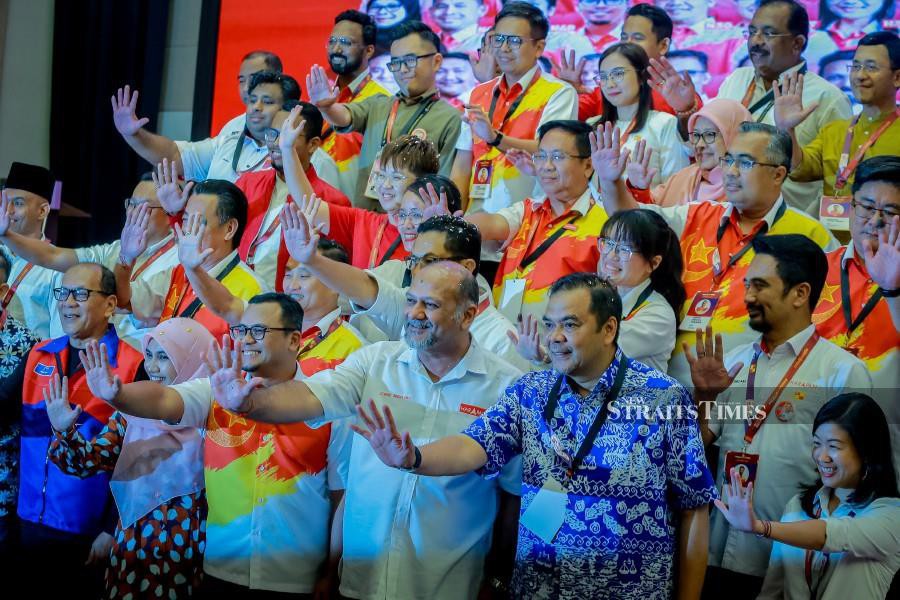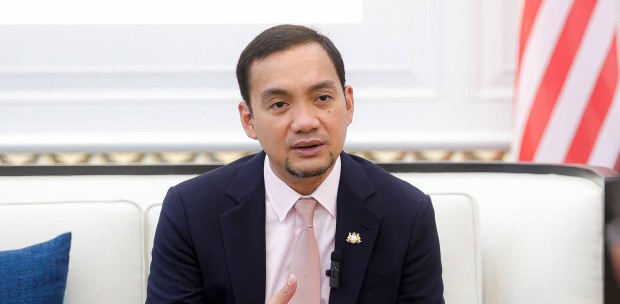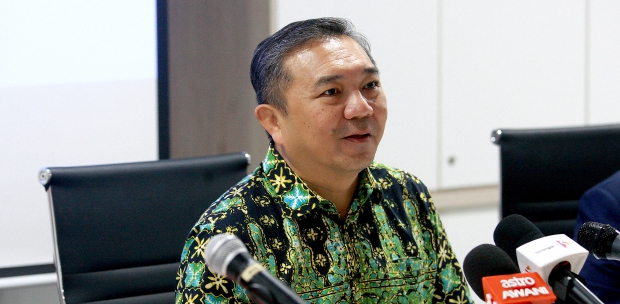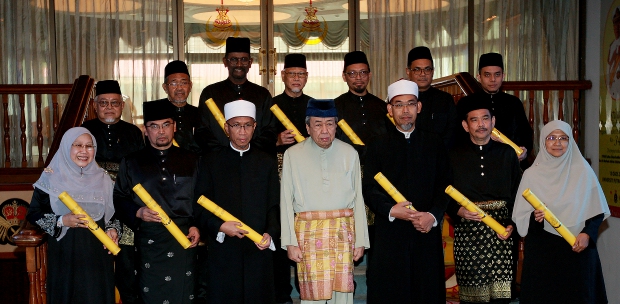SHAH ALAM: The Selangor Pakatan Harapan (PH) has reportedly reached an accord on the seat allocations for its 10-member executive council, with Barisan Nasional set to be represented in the lineup.
However, the seat allocation has not escaped controversy within the coalition ranks, notably PKR.
The allocation quandary has spotlighted the intricacies of coalition politics and the sensitive matter of ethnic representation and community support.
According to sources within the coalition, the new executive council will witness the entry of BN, marking a significant shift in Selangor's political landscape.
The BN is poised to secure one seat, a development that has garnered attention due to its historical absence since 2008.
Meanwhile, Amanah is set to get two seats, PKR will hold three, and DAP will claim the largest share with four seats.
The intended distribution reportedly comprises seven Malays, two Chinese, and one Indian executive councillor, contrasting to the previous term's exco lineup, consisting of six Malays, three Chinese, and one Indian representative.
In the recent state elections, DAP emerged victorious in all 15 seats it contested in Selangor, while PKR managed to secure 12 out of the 20 seats it contested.
Amanah succeeded in five out of the nine seats it vied for, while BN (Umno) clinched two of the 12 contested seats.
All PKR executive council seats are purportedly set to be occupied by Malays, casting a spotlight on the allocation process within the party.
Conversely, DAP's allocation appears more diverse, encompassing one Malay, two Chinese, and an Indian exco.
However, the allocation structure has triggered discontent, notably resonating within PKR's ranks.
Gunaraj George, a second-term assemblyman from Sentosa and a central figure within Selangor PKR, has purportedly been excluded from the executive council lineup despite his name on the initial list.
This omission has triggered serious debates within the party concerning the extent of ethnic representation within the exco.
A prevailing sentiment is to have two Indian excos, to acknowledge the Indian community's unwavering support to the party and the unity government.
The backdrop of the Indian community's steadfast allegiance adds to the growing discontentment that this allocation has triggered.
This is a challenge for the unity government, which has already grappled with perceived inadequacies in acknowledging and representing this community's interests.
Party supporters said such disillusionment if left unaddressed, could have ripple effects across other states as well.
PKR Kota Raja division information chief Roy Nyaneswaran said this would only further erode Indian support for PKR and the unity government.
"Among the 22 PKR divisions in Selangor, nine are led by Indians. And yet, there is no representation in the executive council? This is disheartening and bewildering," commented the senior member, capturing the sentiments of many Indians in the party.
As the controversy unravels, it highlights the importance of equitable representation and the recognition of all communities' contributions.
He said the intricacies surrounding Selangor's exco seat allocations underscore the delicate act of balancing representation and addressing the aspirations of the diverse communities in the state.
"It presents PH with an opportunity to exhibit its commitment to fostering inclusivity and responding to the voices of all constituents," he added.





